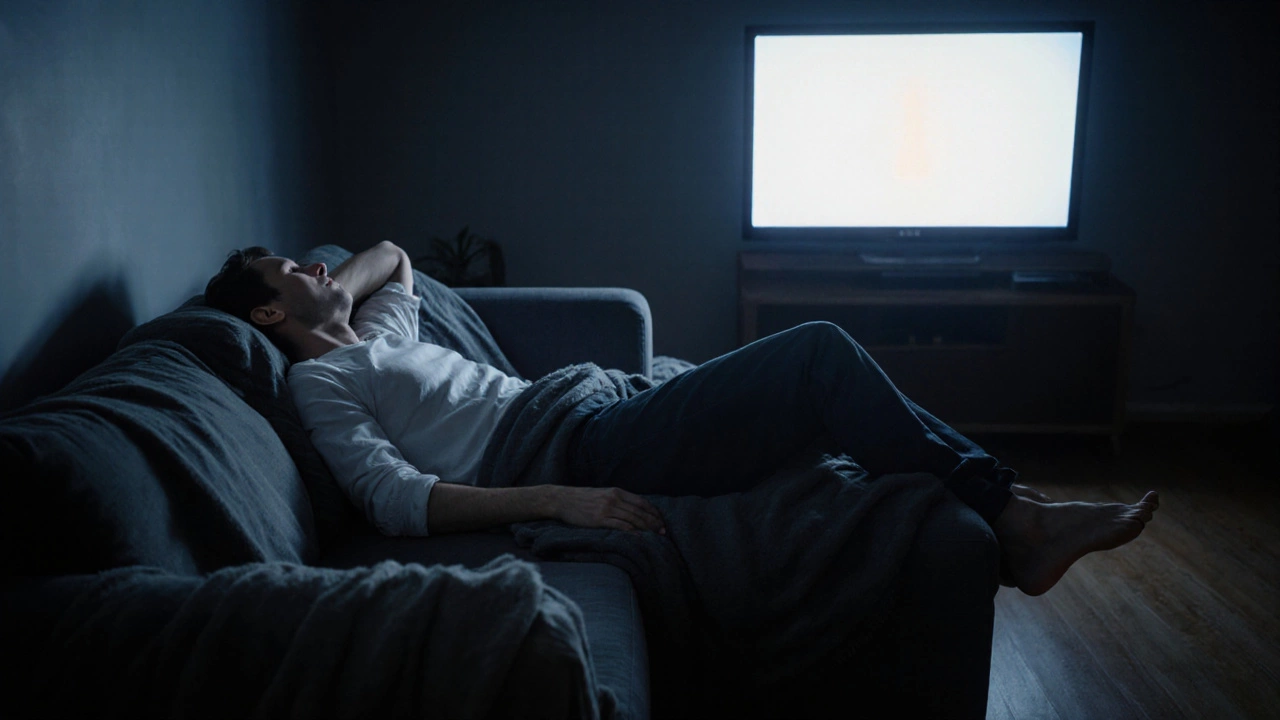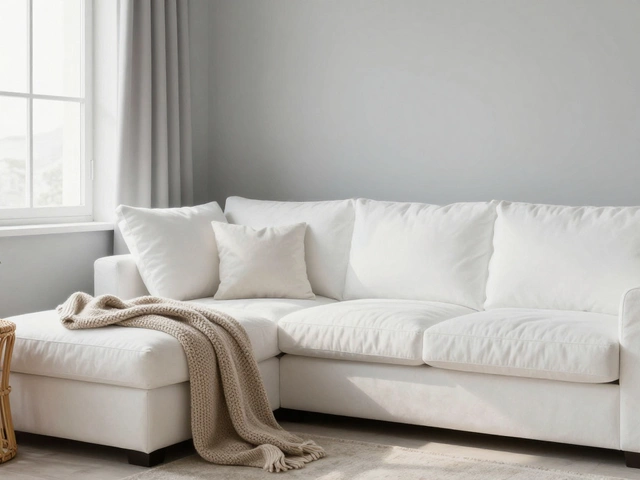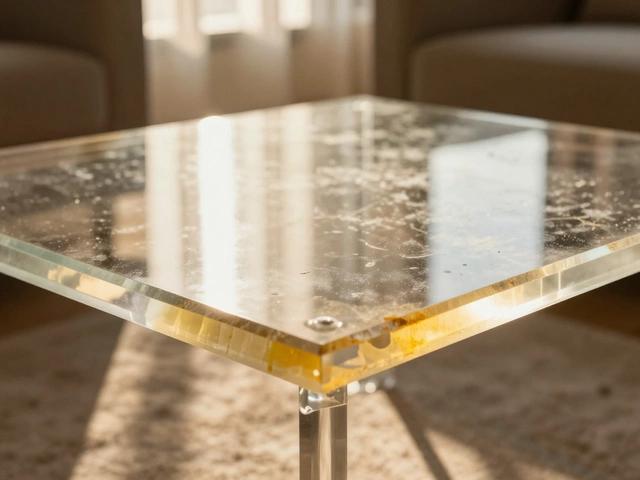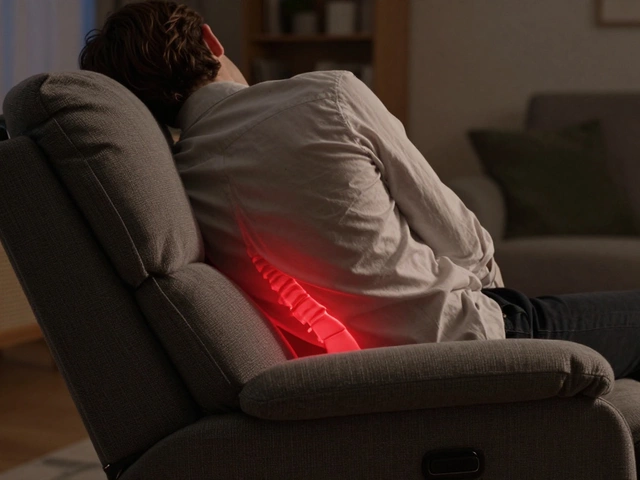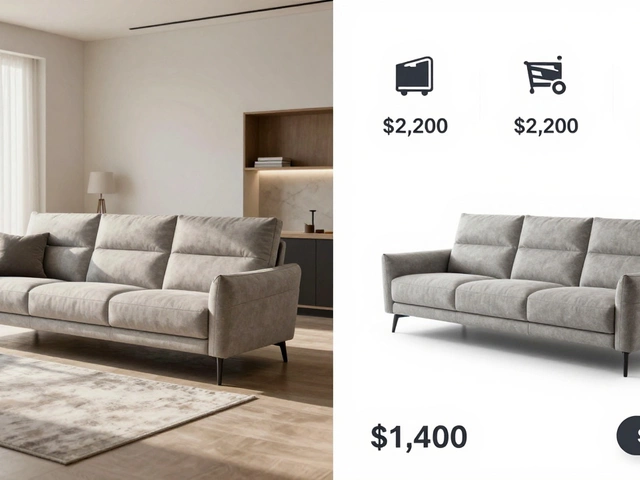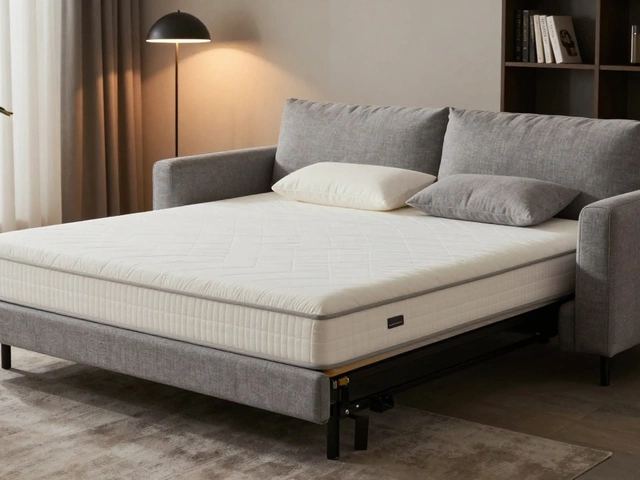Sofa Sleeping Risks: Health Dangers and Safe Alternatives
When you sofa sleeping, the act of using a couch or sofa bed as a regular sleeping surface. Also known as sleeping on the couch, it might seem harmless—especially after a long day—but doing it nightly can seriously affect your spine, sleep quality, and overall health. Many people turn to their sofa out of necessity—small apartments, guest rooms, or just because it feels cozy. But comfort doesn’t equal safety. Unlike a proper mattress, most sofas lack the firm, even support your spine needs. Over time, this mismatch leads to chronic pain, poor posture, and even nerve issues.
The biggest risk comes from back pain, a common condition caused by poor spinal alignment during sleep. Sofas are usually soft in the middle and sloped at the edges, forcing your hips and lower back into unnatural angles. This strains your lumbar region, which is why people who sleep on sofas often wake up stiff or with sharp pain. sofa bed, a hybrid piece designed to double as seating and sleeping. Also known as pull-out couch, it’s no better—most have thin, low-density foam that collapses under body weight, offering zero support for hips or shoulders. Then there’s sleep quality, how restful and restorative your sleep actually is. Sofas are noisy, bouncy, and often exposed to light, noise, and household traffic. Your body never fully relaxes into deep sleep, which means you’re tired even after eight hours.
It’s not just about discomfort. Long-term sofa sleeping can lead to muscle imbalances, reduced circulation, and even breathing issues if you’re curled up too tightly. People with existing conditions like sciatica, arthritis, or sleep apnea are at higher risk. And while a recliner might feel like a better option, studies show that sleeping upright for hours can still worsen acid reflux and restrict lung expansion.
So what’s the fix? You don’t need a luxury bed. A simple, firm mattress on the floor, a foldable guest bed, or even a high-quality foam topper on your sofa can make a huge difference. The goal isn’t to live like a minimalist—it’s to protect your body so you can wake up feeling rested, not broken.
In the posts below, you’ll find real advice from people who’ve been there—how to spot the warning signs, what mattress types actually help, when to walk away from the couch, and how to turn a temporary solution into a safe one. No fluff. Just what works.
Why You Shouldn't Sleep on the Sofa: The Hidden Costs of Couch Sleeping
Sleeping on the sofa might feel cozy, but it's harming your spine, sleep quality, and long-term health. Learn why corner sofas are especially bad and what to do instead.
